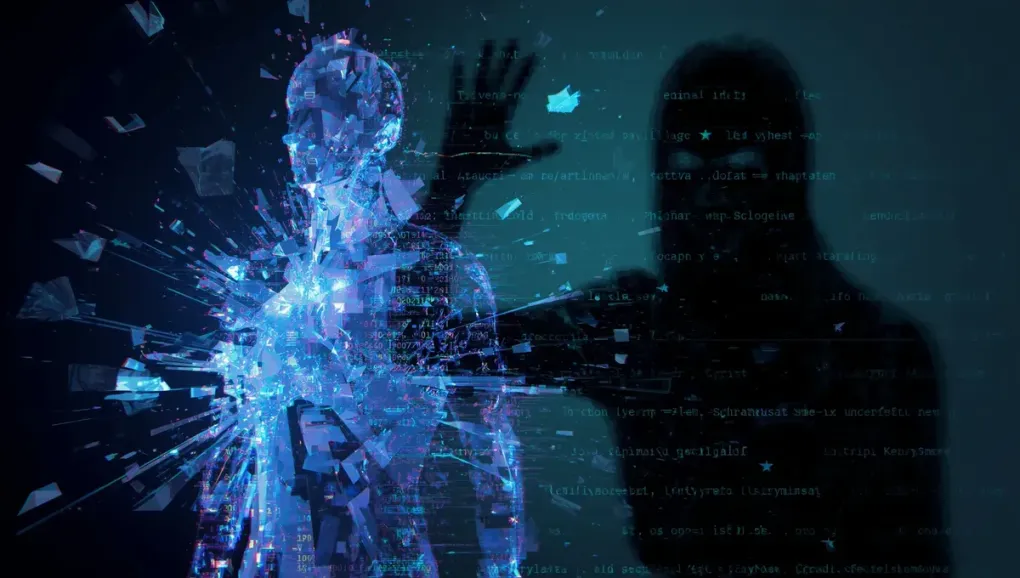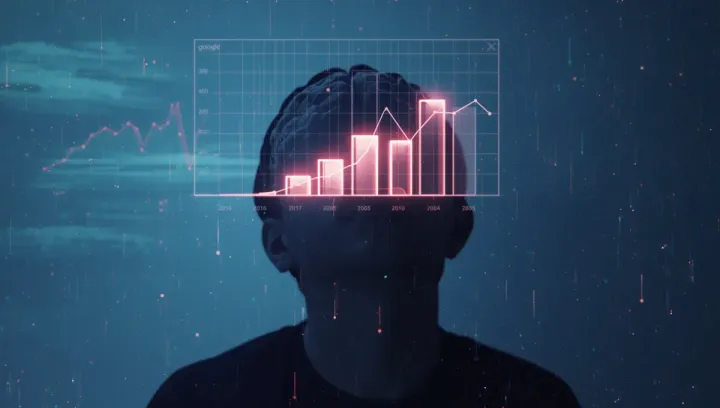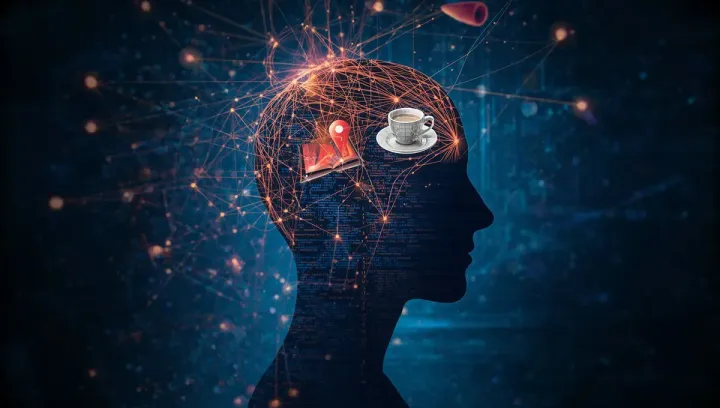
Zero Trust: In the Age of AI, Is Your Digital Identity Dead?
That email from your CEO asking for an urgent wire transfer? It might be fake. The voice message from your parent asking for money? Also fake. The video of a politician saying something outrageous? Increasingly, that’s fake too. For decades, we’ve built our digital lives on a foundation of implicit trust. We trust that an email from a known address is legitimate, that a familiar voice is real. In 2025, that foundation has crumbled.
Artificial intelligence, particularly generative AI, has become so powerful at impersonation that the very concept of online identity is in crisis. We are rapidly entering an era of “Zero Trust,” where the default assumption must be that nothing is as it seems. As Andre Durand of Ping Identity puts it, “We used to trust by verifying. In the future, we will only trust what’s been verified.”
The End of Authentication as We Know It
The tools of deception are now democratized. AI can clone a voice from a few seconds of audio, create photorealistic avatars, and write phishing emails more convincing than any human could. This isn’t a far-future sci-fi scenario; it’s happening now, and it renders our traditional security methods obsolete.
Passwords can be stolen. Security questions are a joke. Even two-factor authentication can be bypassed by sophisticated social engineering attacks powered by AI. The problem is that these methods are based on authentication—proving you have a secret piece of information. But when AI can fake the very person requesting the information, the whole model collapses. This is the core of the identity crisis: authentication is no longer enough.
The Future is Verification in a Digital Wallet
If the old model is dead, what comes next? The answer lies in a paradigm shift from centralized authentication to decentralized verification.
Imagine a digital wallet on your phone that holds verifiable, cryptographically signed credentials. It could be your driver’s license issued by the DMV, your diploma issued by a university, or your employment status issued by your company. When you need to prove who you are, you don’t give a website a password they can store (and lose). Instead, your wallet provides a secure, temporary, and limited-scope verification of a specific fact. For example, to buy a drink, you could prove you are over 21 without revealing your name, address, or exact date of birth.
This is the promise of decentralized identity. It puts control back in the hands of the user. Your identity isn’t a collection of accounts on a hundred different servers, waiting to be breached. It’s a secure asset that you control, and you decide what to share and with whom. This isn’t just a theory; as the research from Ping Identity highlights, the adoption of digital wallets for identity is a key trend for 2025 as businesses and consumers alike demand more security.
AI: The Arsonist and the Firefighter
There’s a deep irony in this technological arms race. AI is the primary tool making impersonation and fraud so effective, but it’s also a critical part of the solution.
Advanced AI-powered systems are becoming essential for fraud detection, analyzing patterns of behavior to spot anomalies that signal an attack. Biometric verification—like facial recognition and liveness detection—relies on sophisticated AI to distinguish a real person from a deepfake. In the Zero Trust world, we will be using AI to fight AI.
This creates a feedback loop. As the tools for faking identity get better, so too must the tools for verifying it. It’s a high-stakes game of cat and mouse, and the infrastructure of our digital lives is the playing field.
Your Identity is Dead, Long Live Your Identity
So, is your digital identity dead? Yes, the old version of it is. The version based on easily stolen passwords and implicit trust is a relic of a simpler time. Relying on it now is like using a wooden door to protect a bank vault.
But a new form of identity is emerging from the ashes—one that is more secure, more private, and controlled by the individual. The transition will be messy, but it’s necessary. We must move from a mindset of trusting easily to one of verifying everything. In the age of AI, it’s the only way to be sure who we’re really talking to.


